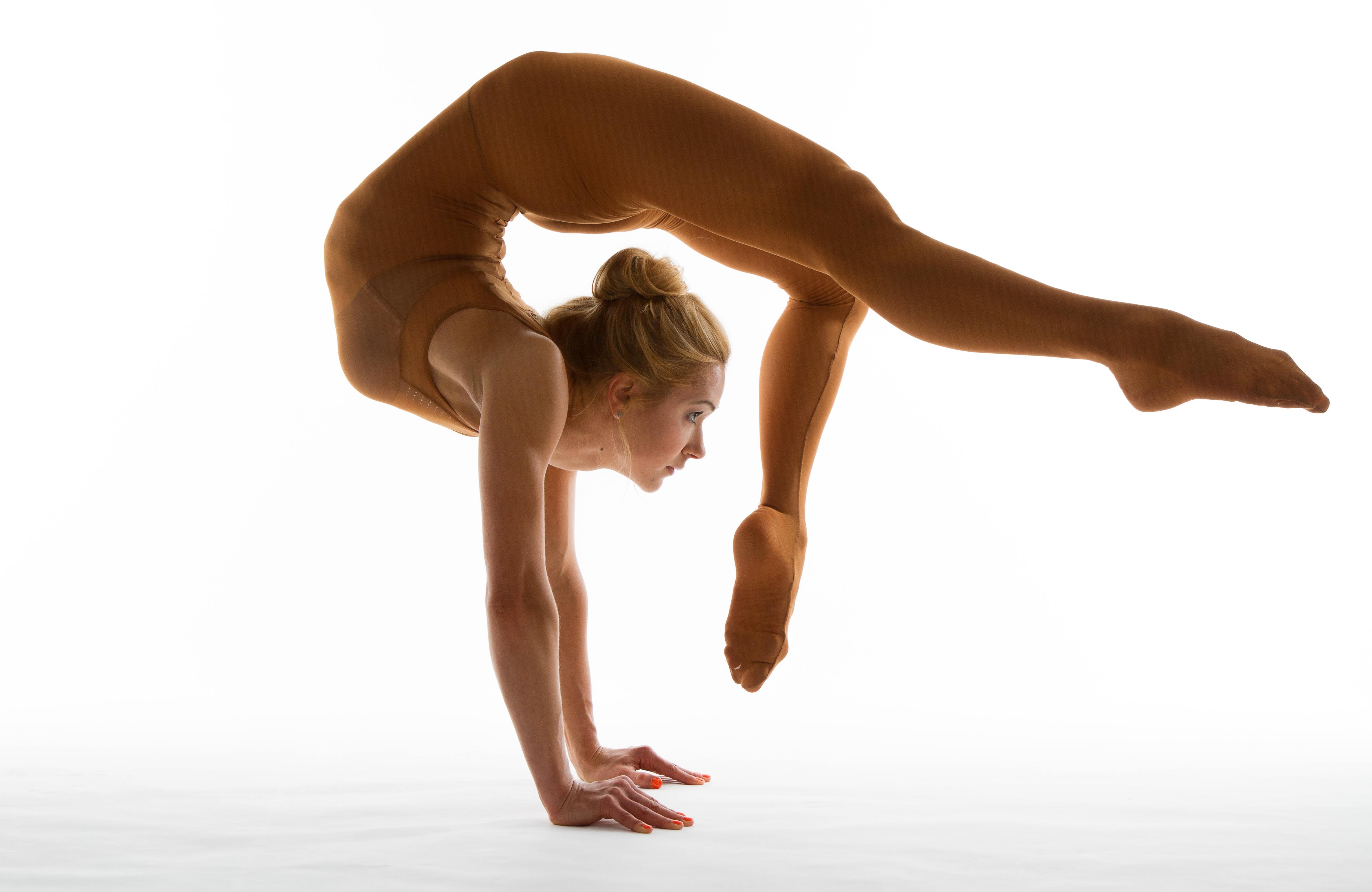
KATRINA ASFARDI
Avoid gossip and negative talk. If you have nothing positive to say, it’s best to stay silent.

Katrina Asfardi is a renowned contortionist, aerialist, and multi-skilled performer, celebrated for her captivating circus acts including contortion, aerial performances, and innovative acts like the Flying Window and Water Bowl Act. With a rich background in contemporary dance and theatre, Katrina has dazzled audiences globally at prestigious venues and events.
Could you share your background and what inspired you to become a contortionist?
I was initially passionate about rhythmic gymnastics, but my parents never really had the time or money to enrol me in the right school. When our family’s financial situation improved, my sister and I started taking dance classes when I was 12. I quickly noticed that my flexibility was advancing faster than expected. By the age of 13, I began practising intensive stretching at home until I reached a higher level. I wanted to start rhythmic gymnastics at 14, but the coaches said it was too late. So, I continued with dancing and aesthetic group gymnastics. While studying at university, I realised I could become a contortionist based on my skills. At 20, I started travelling abroad and working as a performer, and by 22, I secured employment as an acrobat and circus performer.
Can you explain what a multi-skilled contortionist is?
To me, it means not being limited to one discipline—constantly developing new acts, ideas, tricks, and apparatuses. I'm proud to say I was the first to introduce the era of multi-skilled artists about a decade ago. After my multi-style approach, many new generation artists emerged, offering a variety of acts at the same time. I believe that if you want to excel at something, you should focus on one or two things. However, if you enjoy challenges and have extra energy, you can explore more daily (depending on your physical abilities) but strive to create your unique style—be different! Don't copy others! When you're young and full of energy, make the most of your time for training because as you get older, you'll need more time for recovery, rest, and sleep, and physical practice itself becomes a daily challenge.
How do you define creativity, and how do you integrate it into your acts?
My logo description is 'Artistic Performance, Creativity & Diversity.' I always invent new choreographies and ideas. I like to use my imagination first and then realise it in practice. I am also very quick at picking the right music and moves—well, I am a trained choreographer, which helps. However, since I started in the circus, I stopped practising dancing, especially ballet or jumping, because as an acrobat, I use totally different muscles. The strength in your arms, abs, and legs has an entirely different load. Every discipline requires a certain dedication and a certain amount of time! But I still love contemporary dance because it’s just so natural and allows my body to express itself.

You perform various types of acts, whether in the air, on the ground, or in a water bowl. What’s your favourite type of act and why?
Definitely a water show, whether in the bath or in a giant glass bowl. I like sensual acts now. Before, I loved flying more than anything else. After a few accidents in my career, I prefer to work on the ground. However, aerial acts give you grace and weightlessness, making you feel like a goddess in the air. I enjoy acts that also express my emotional state. For example, a calaboose act speaks about a woman’s insecurities and stereotypes that make us so fragile instead of allowing us to bloom and feel free to express ourselves!
What has been the biggest challenge for you as a physical artist in maintaining such a high level of flexibility?
You need to remember that, no matter where you are, you have to maintain your routine and practice! During the pandemic, I learned how to keep up with regular training even without regular shows. Now, as a freelancer, I have no issues losing gigs and staying at home because I’ve learned how to stay calm and keep my daily routine going. However, we still need to perform and showcase our skills to receive appreciation from others. Psychologically, as with any athlete in major sports, we need to be ready to step away when the time is right, because even if you’re the best one day, you can’t stay at that peak for very long!
How do you adapt your lifestyle to stay on top of your game as a contortionist as the years go by?
Supplements have always supported me. Now, I also focus on balanced training, sleep, and hydration. I’ve reduced my alcohol intake, though I haven’t eliminated it entirely, as social drinking remains a part of our society. From my yoga practice, I’ve learned that being extreme in anything—whether it’s nutrition, workaholism, or selfishness—is never good for your inner balance. Achieving a perfect balance is the key.
How long does it take you to master a new skill or act, especially when introducing a new prop?
Right now, I am very quick at building new choreography or coming up with new ideas, but I am slower in physical practice. Warming up or learning a new trick takes longer for me now compared to earlier times. I am smarter and wiser, and probably more creative, but slower physically. I often need to schedule my weekly training to avoid overloading my back while still keeping my muscles strong and toned. That energy and ability to train for longer hours have transformed into an energy-saving mode and a smart calculator.

Is there a particular skill you are currently working on or would like to develop?
One skill I’ve been working on for the last couple of years is the one-arm handstand. I know that to master it, I need to be very consistent and maintain regular training; otherwise, no progress can be made. There was a time when I was very close and could hold a one-arm handstand for five seconds, but constant travelling and touring disrupted my training routine. Additionally, my desire to explore different acts and shows kept me from achieving the necessary consistency. Previously, I didn’t enjoy practising handstands because they seemed boring. However, as I’ve become calmer and slower in my daily routine, practising handstands now feels almost like a form of meditation.
How do you mentally prepare before your shows?
If it’s a dangerous act, I always pray. If it’s an easier act, I simply ask God to help me avoid injury and to make it right and enjoyable for both myself and the audience. I always stretch before each show; it’s the best form of meditation. Even if I’m stressed or depressed, stretching helps me calm down.
Do you include specific foods or supplements in your diet to enhance your performance or flexibility?
I always start my day with a glass of water and some vitamins. I then have a cup of coffee with oat milk (or sometimes lactose-free milk) along with my daily dose of FLEXIBLE collagen by LEMAlab. I’m a coffee addict. My daily fruits are bananas and avocados; it feels like an addiction. I also enjoy fresh orange juice and like to include oat cookies or occasionally switch to whole grain bread or a croissant with oil and cheese. I try to include eggs in my meals for extra protein, though I often forget. I’ve noticed that an excess of carbs can lead to too much energy and poor sleep, keeping my brain constantly active. When I go to a restaurant, I try to order mainly protein-rich foods and avoid excess carbs.
Do you find a performer lifestyle particularly challenging on an emotional level?
Absolutely! The performer lifestyle is emotionally challenging due to stress, competition, and adapting to new circumstances. Dealing with unprofessional and disrespectful people is particularly difficult, as unfortunately, some people in important positions don’t really understand the specifics of our job. To truly understand an artist’s experience, one needs to have been an artist or have some background in the field. This often leads to misguidance for sponsors on maintaining a good show and squeezing budgets, which further affects the field. To stay grounded, embrace the reality of the business, remain calm and polite, and value your experiences. If you get the job, great; if not, that’s okay too. Being jobless doesn’t mean you’re not good enough. Some people will like you, some won’t. Value yourself first, be unique, and be yourself! If you have extra time, create, practice, study something new, or work on a new project!
As a flexibility coach, what has been your most significant learning experience so far?
Everyone is so different, and you can’t force anyone to do things in just one way. Body types vary widely—some have longer legs, some have larger trunks, some have hyperextension, and some don’t. Additionally, every individual has a unique personality. There should be an individual approach, not only physically but also mentally.
Can you describe any specific moments where you learned from your student?
When I give an online lesson or workshop, it’s typically a class where a student pays to be taught. However, in a free or open class, there's an exchange of experiences, and I might learn a different technique from a student. There are certain tips that can accelerate your skills; you just need to discover them.
What advice would you give to those aiming for a long career in the performing world?
Patience is key. Be patient and always polite. Stay consistent without being pushy and avoid pressuring people to hire you. Keep your messages direct and concise and apply at the right time. Avoid gossip and negative talk. If you have nothing positive to say, it’s best to stay silent. You’ll be hired for your skills and character, not because of any underhanded tactics (though, sadly, that can happen). Understand your place, your worth, and your value. Respect your competitors; if they excel in certain areas, acknowledge it and focus on being exceptional in others. Accept the reality of the industry, and if you’re unhappy in show business, consider switching fields or working on a backup plan. Keep moving forward and don’t waste time waiting.
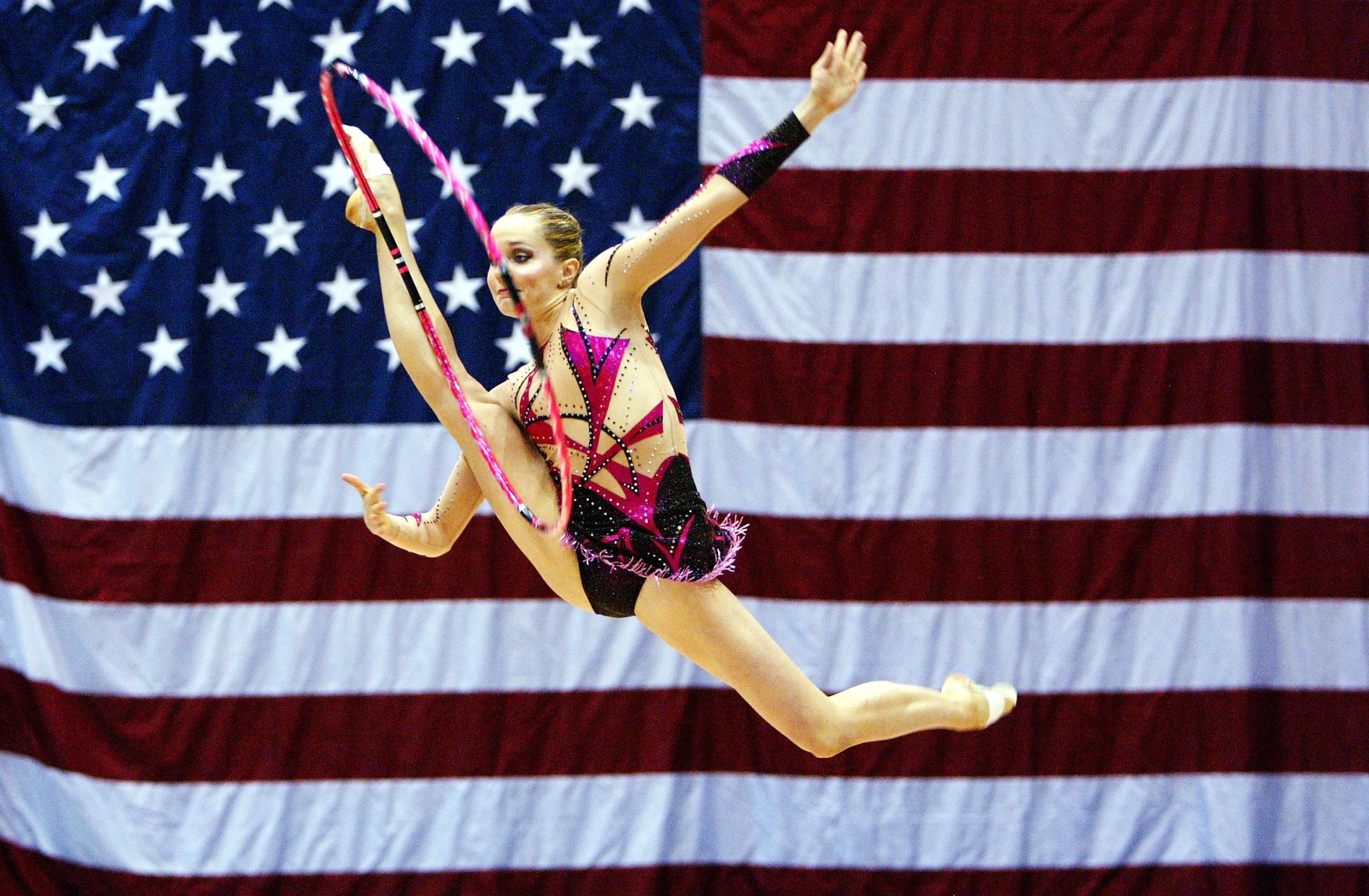
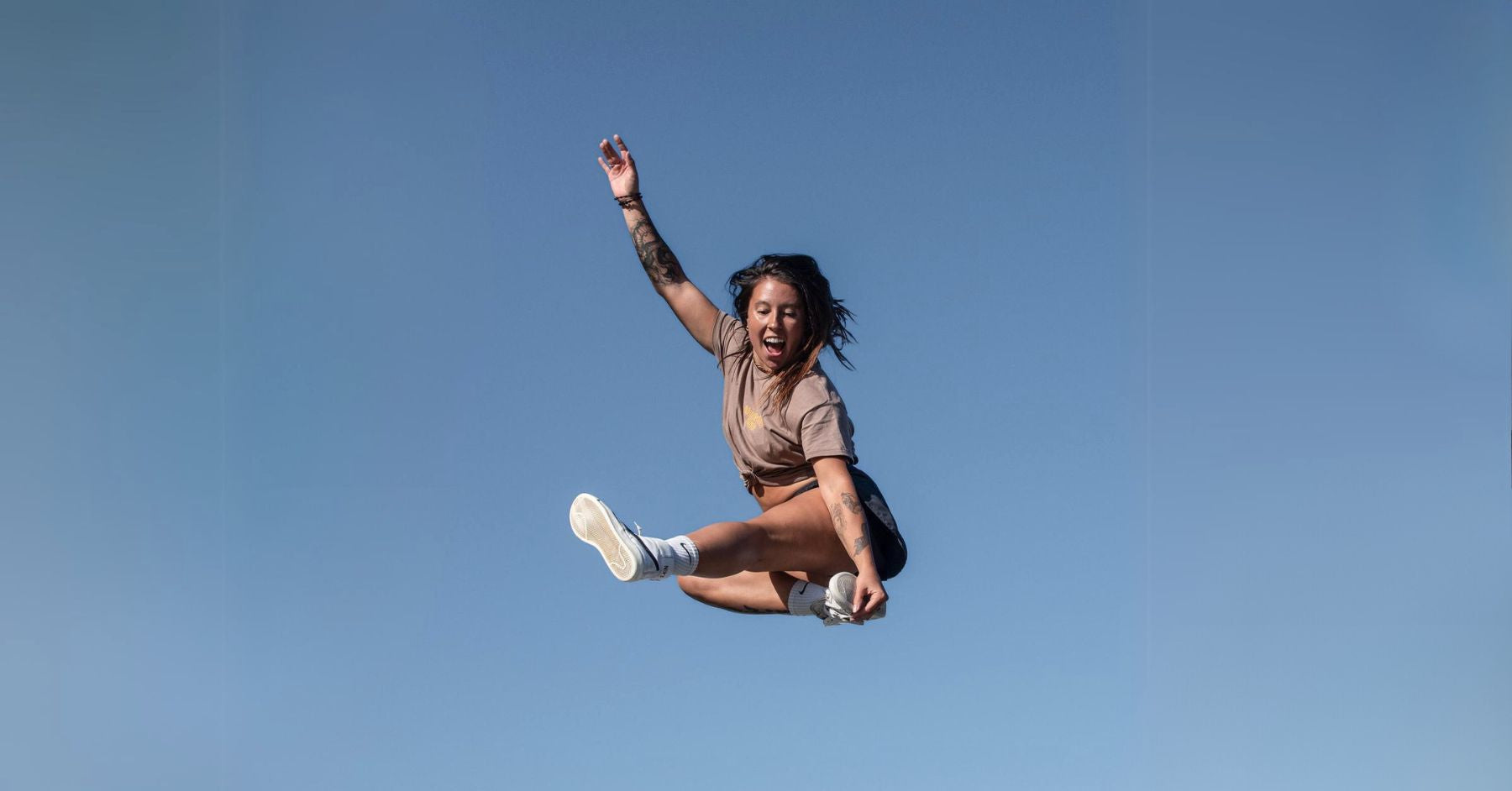
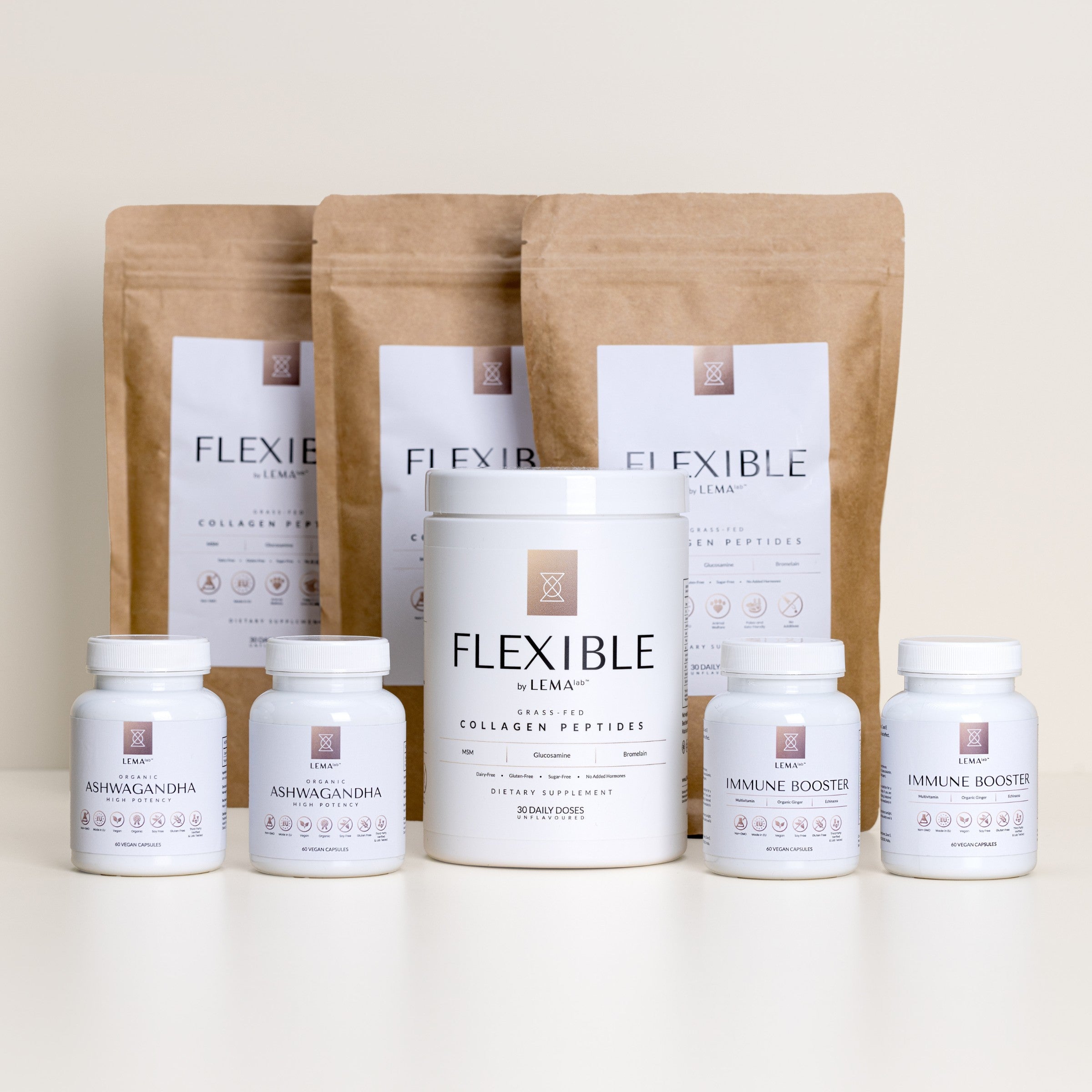
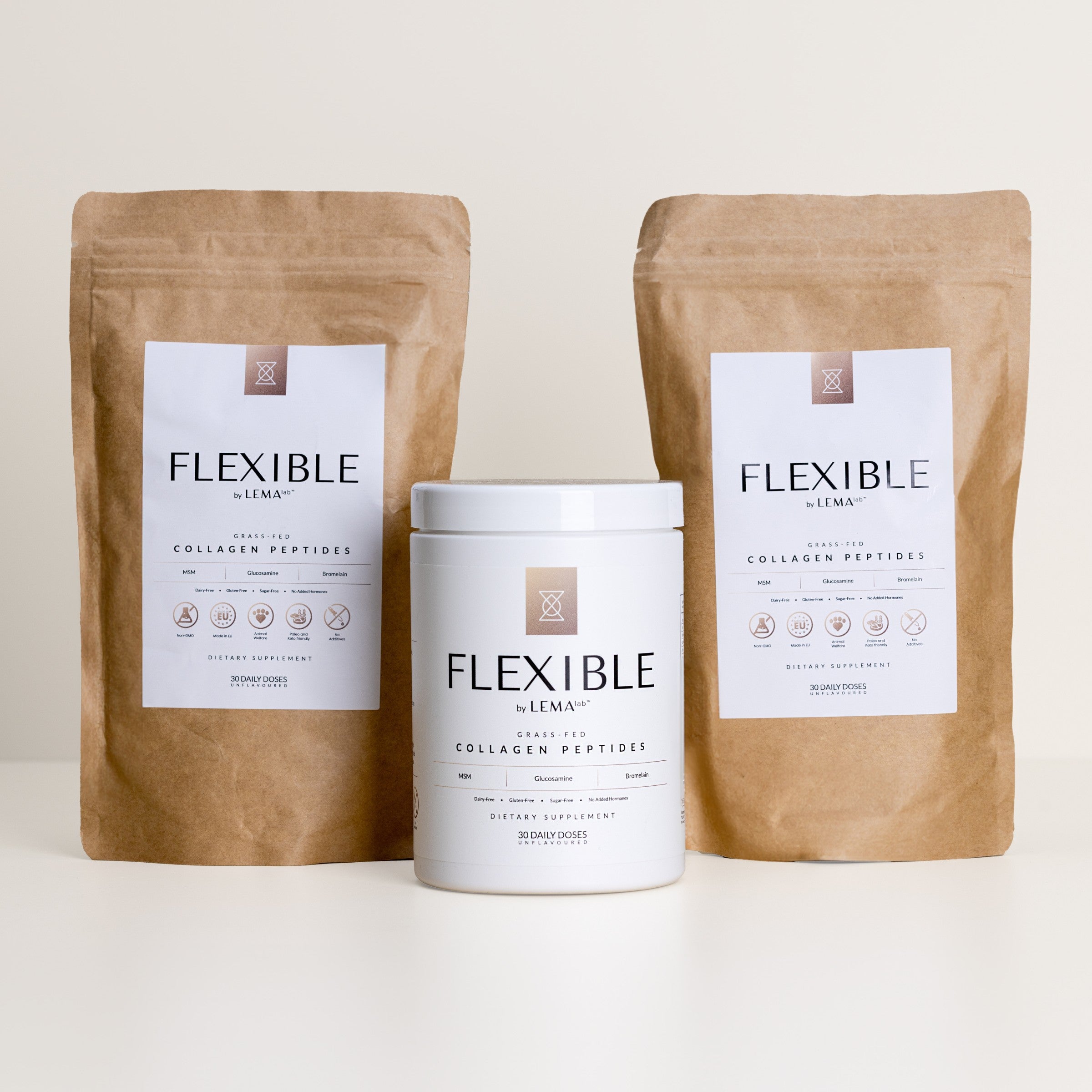
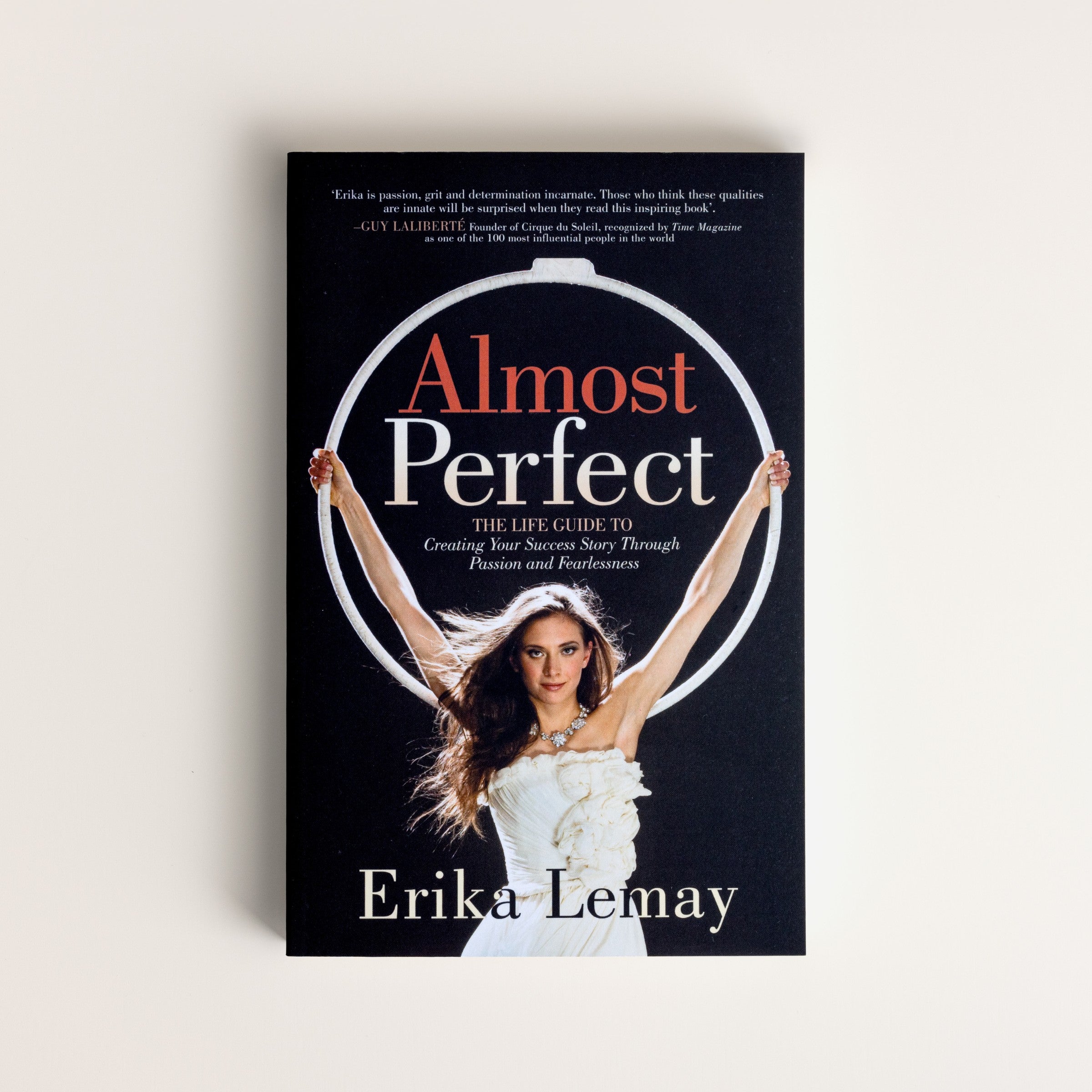
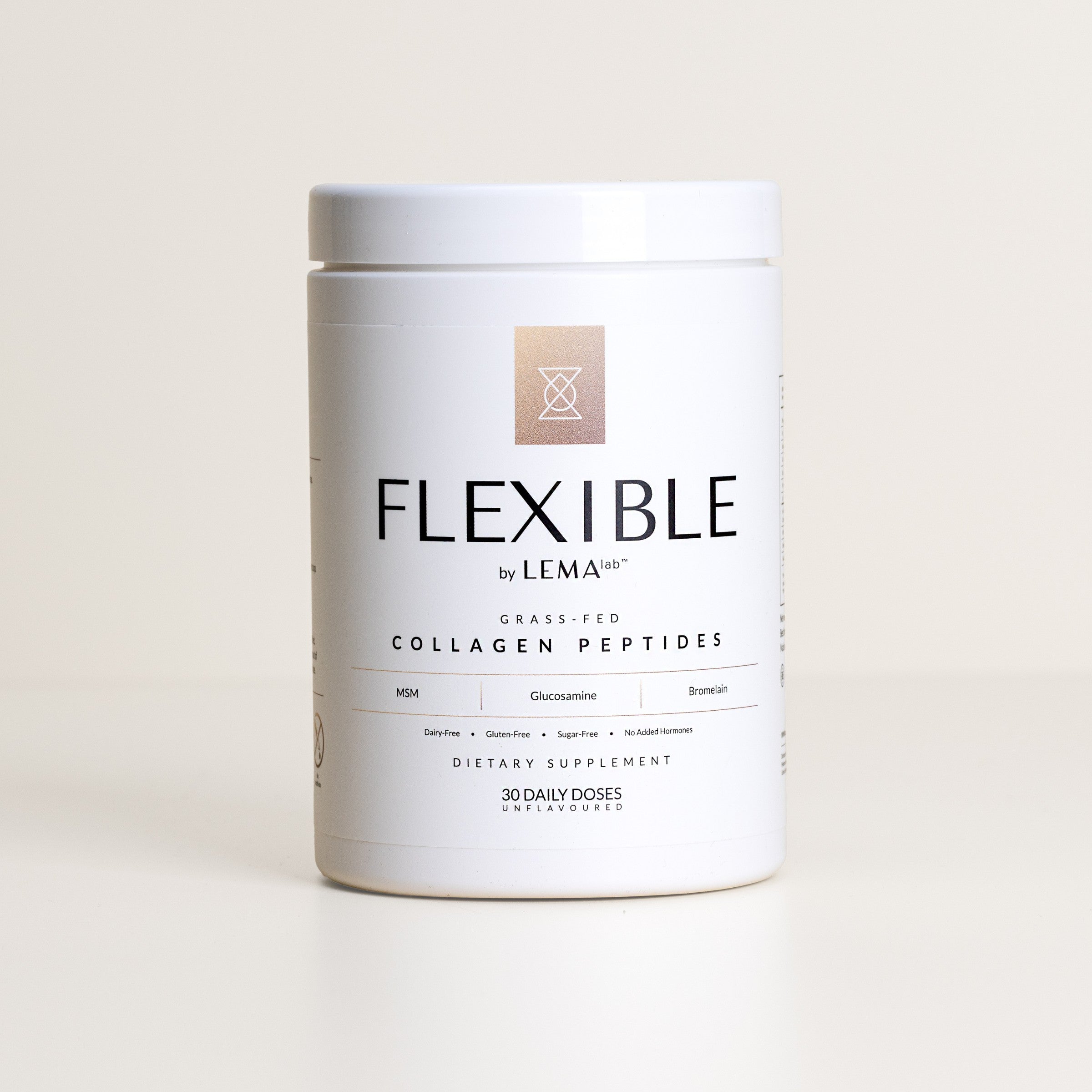
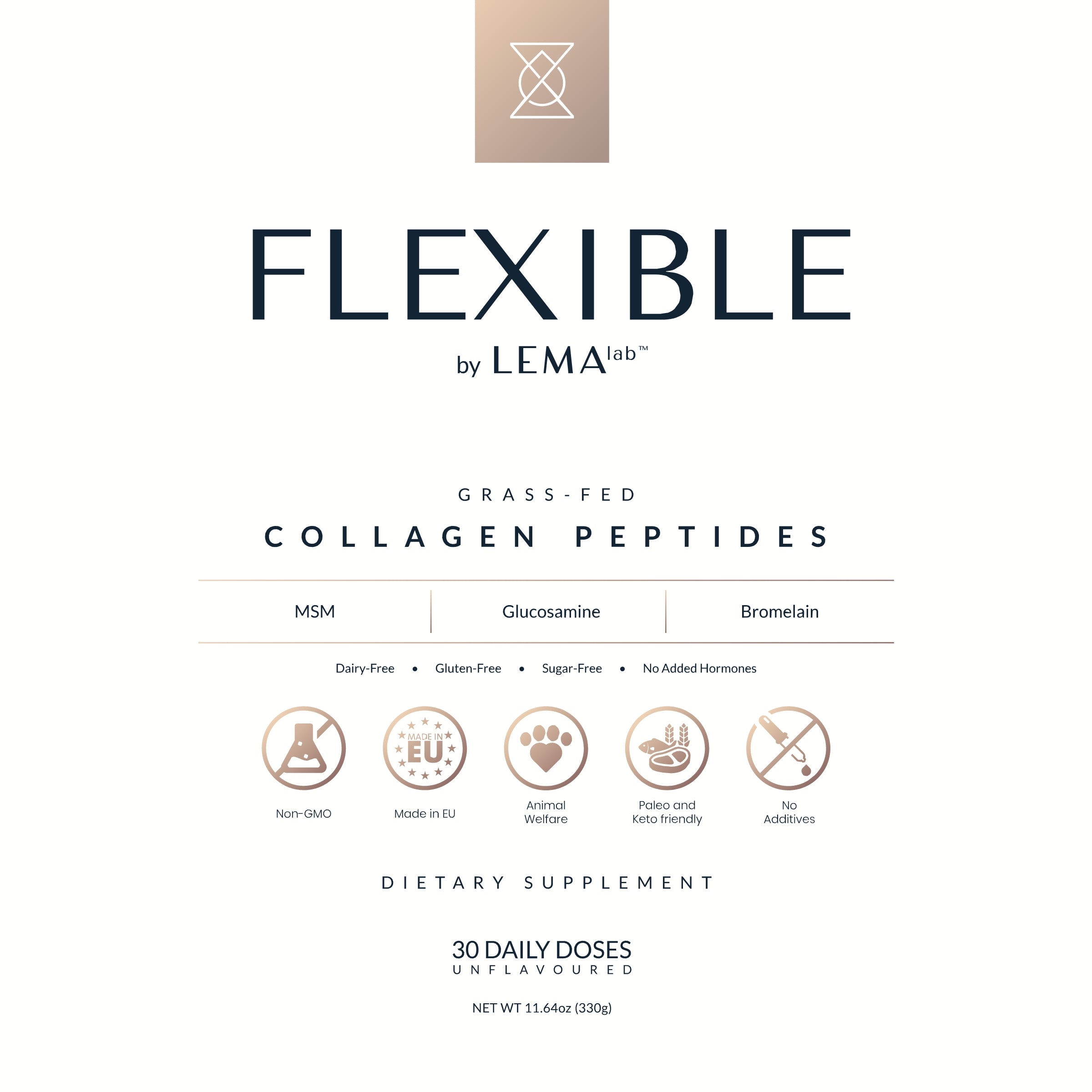
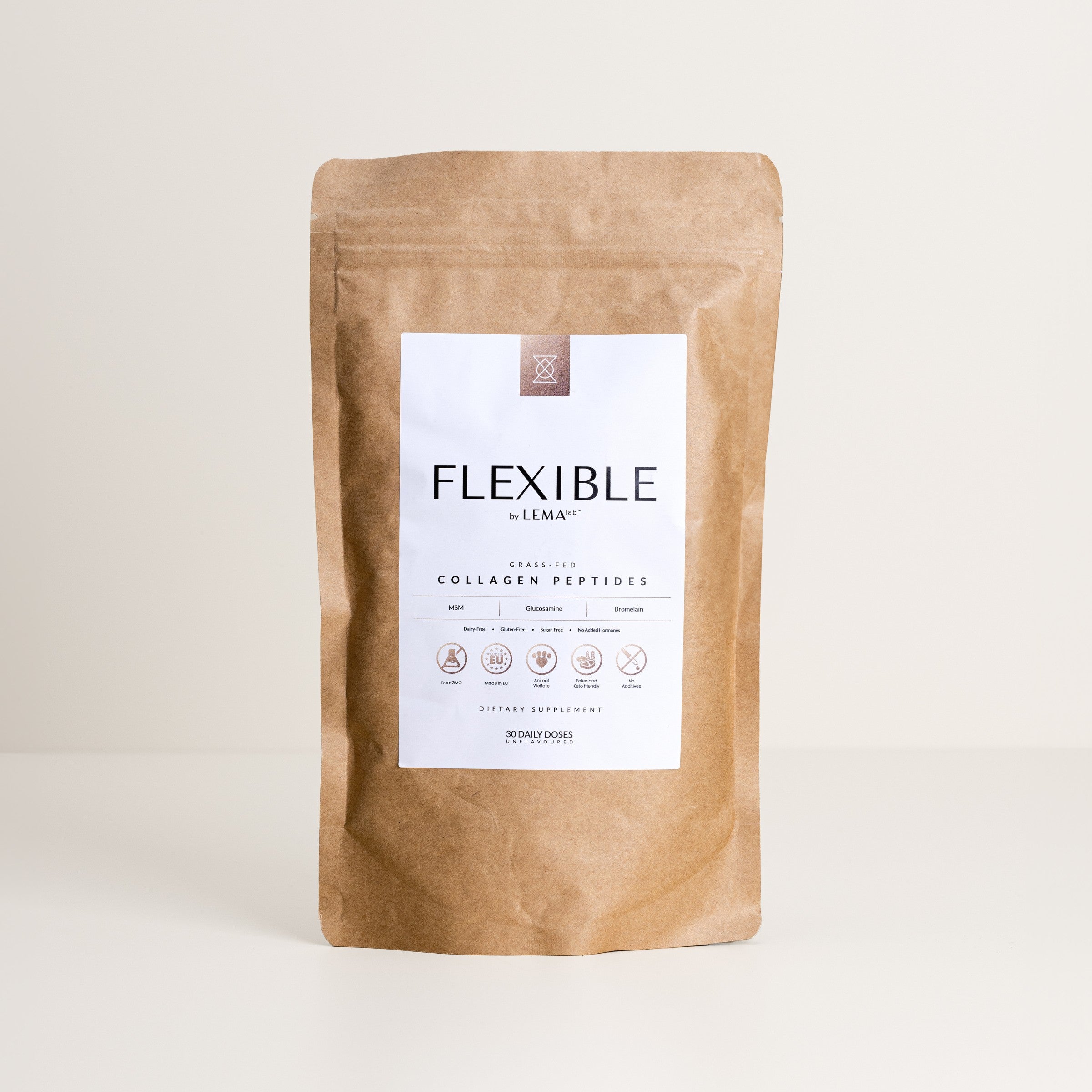
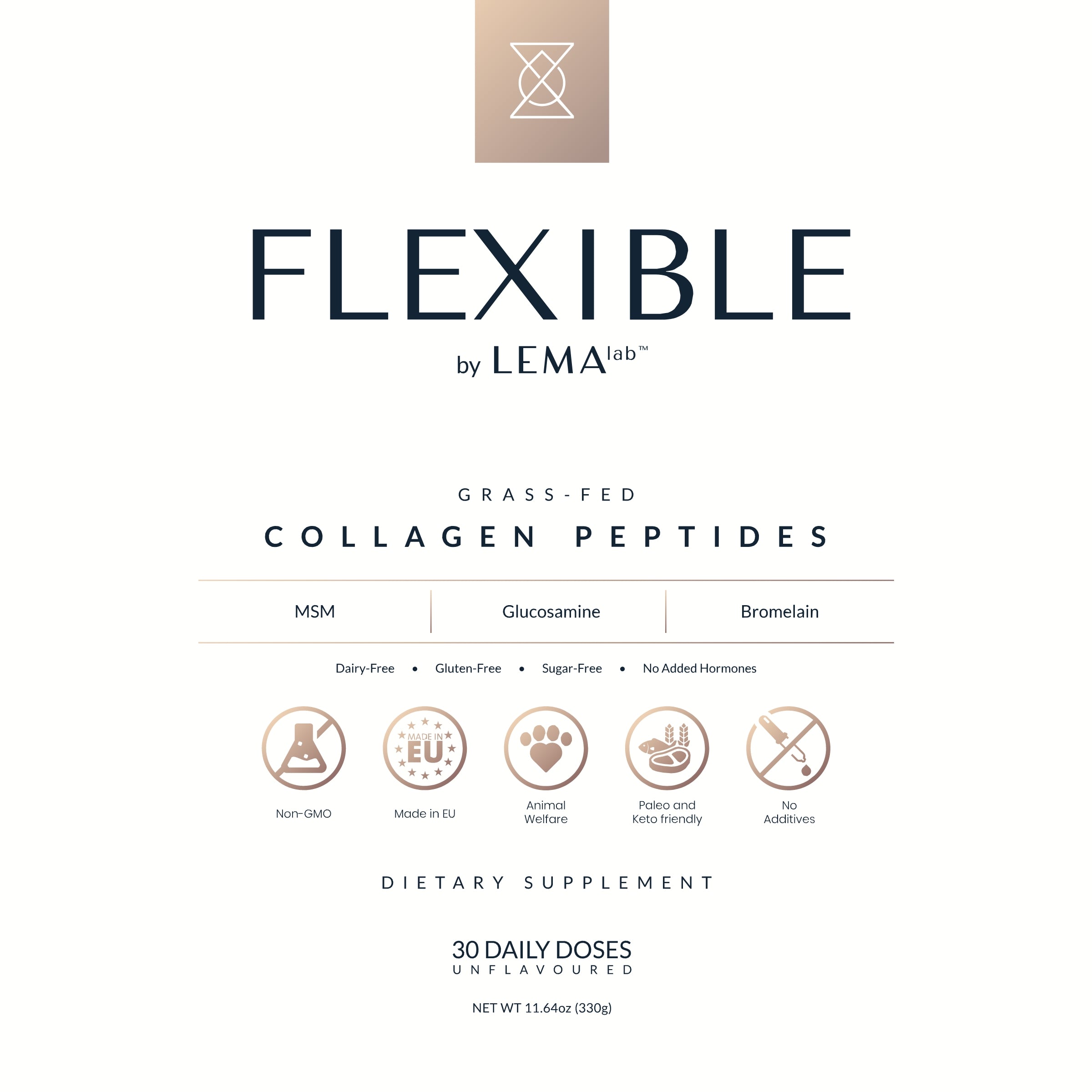


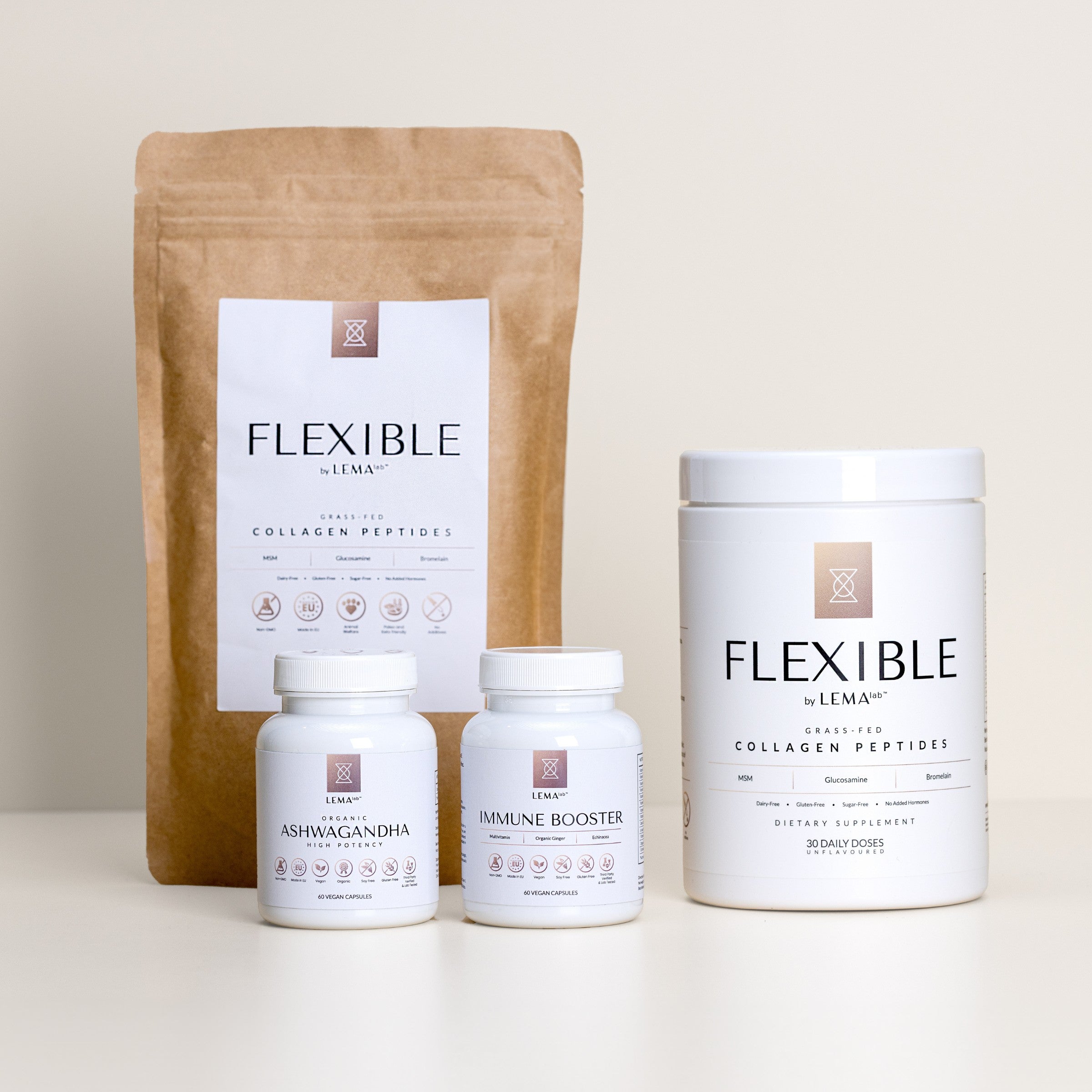


Leave a comment
This site is protected by hCaptcha and the hCaptcha Privacy Policy and Terms of Service apply.